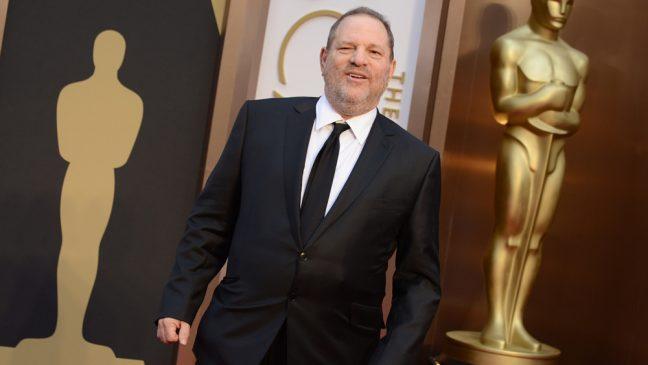Wednesday morning, the country woke up to news of Matt Lauer’s exit from the TODAY show. After years as a lead anchor, Lauer had been fired for “inappropriate sexual behavior.” He was sent off by a teary and confused Savannah Guthrie, in a farewell segment that has already gone viral.
In the post-Weinstein world, the court of public opinion can be as damning as any legal charges. After years of ambivalence, we have pounced on each new allegation with a mixture of shock and horror. Childhood icons, celebrities and politicians have been caught between the media and an infuriated public. We move from shock, to disbelief and then to feelings of betrayal.
This new era of openness is unprecedented. Never before have so many men and women come forward with such difficult stories. Indeed, this is a pivotal moment in the fight against sexual harassment and assault. The sheer number of allegations suggest what we’ve always suspected: The systems of power within our country can and will be abused. They have always been. And women, from time immemorial, bear the brunt of this burden.
Wisconsin legislator accused of kissing two women without consent
But, this new era has its innumerable shades of gray. Many of those accused in recent weeks have been fired, forced to step down or have removed themselves from their positions. Often, no legal charges are filed. The power of allegations have been proven to shape elections, senate committees and news leadership.
How do we reckon with this kind of power? One commenter from a New York Times piece about Lauer lamented the power of these accusations, saying: “We are on the verge of McCarthy tactics applying to men’s personal behavior … in Lauer’s case, it would have to be extreme to justify firing him based on one person’s complaint.”
The difficulty in unraveling these discussions is often compounded by the position of the accused. We are surprisingly reluctant to see those in the public sphere — long-respected, admired and loved — as villains.
Much like when accusations were raised about Bill Cosby, we have an understandable aversion to viewing childhood celebrities as men capable of committing horrible crimes. In Cosby’s case, many waited for “credible” accusers to have their allegations dissected in court. Sometimes, these accusers — and their allegations — are completely ignored.
The wide disparity between then and now brings up difficult questions. How do we support accusers now, after years of ignoring stories? How do we examine allegations without making it difficult for survivors to come forward? And how do we deal with accusations that hit too close to home?
Some of the internet has resorted to joking about which male celebrity will be “next,” declaring childhood favorites like Tom Hanks and Mister Rogers “off-limits.”
UW takes action on sexual assault through added staff, increased training
With U.S. Sen. Al Franken’s, D- Minn, recent fall from grace, and Garrison Keillor’s exit from NPR, we have come precariously close to doubting assault and harassment allegations based purely on the position of the accused. We come up with excuses. We question a lack of charges, circumstances and pat ourselves on the back when the man in question “apologizes,” appeased.
But a man’s celebrity, job and history of good deeds should never excuse sexual misconduct. Celebrities are just like us — human, and they can do horrible things as easily as the rest of us. When we give them a free pass on misconduct, we are only furthering the pre-Weinstein era we pride ourselves from breaking away from.
So if allegations of misconduct appear on your newsfeed, take a breath. Resist the urge to be defensive. Support the process towards a resolution for all parties involved. Childhood hero or not, we must hold everyone accountable. It is the only way to move forward.
Julia Brunson ([email protected]) is a sophomore majoring in history.














